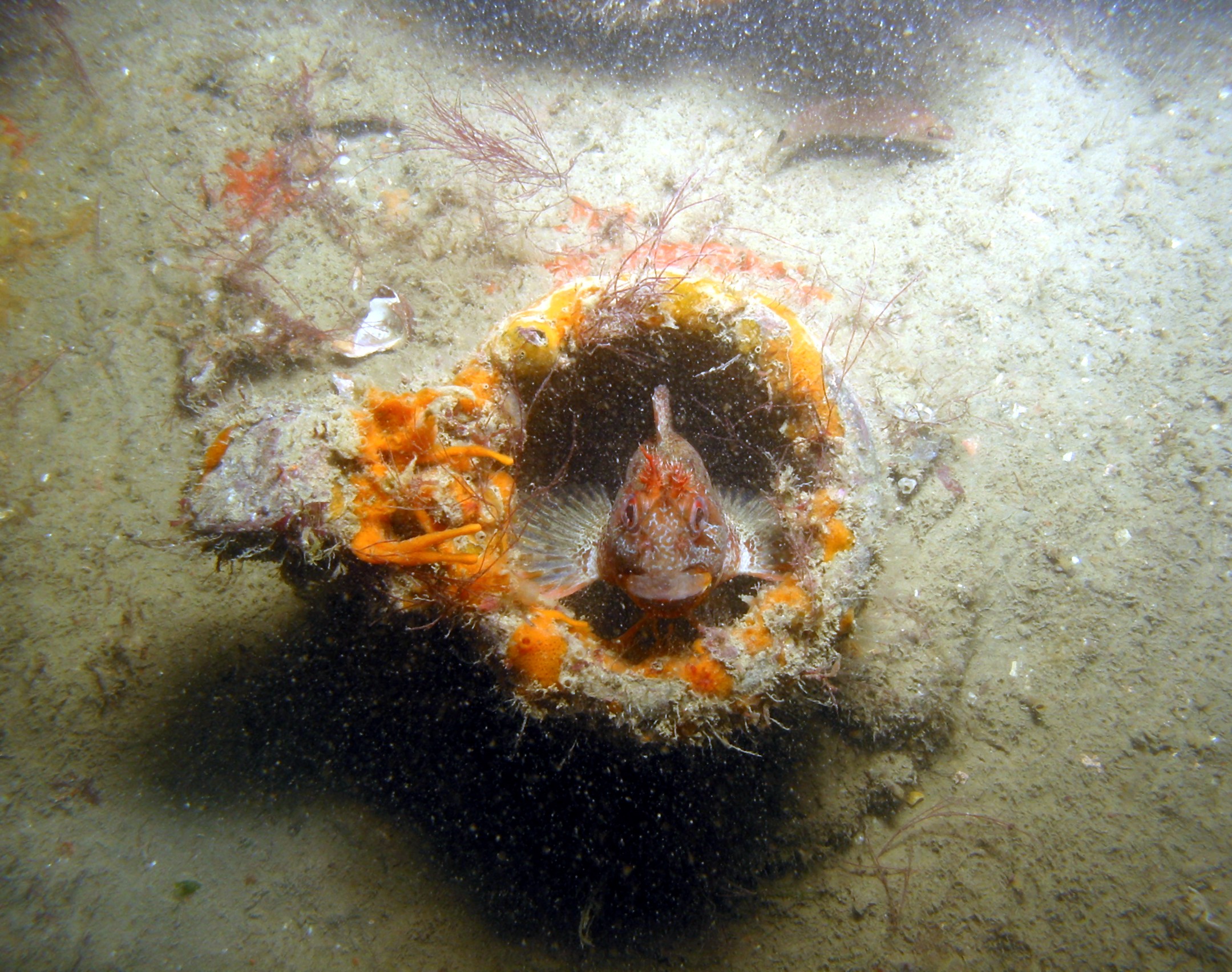On the 1st April Wessex Archaeology launched a pilot Fishing Industry Protocol for Archaeological Discoveries (FIPAD) on behalf of English Heritage. This Protocol will allow fishermen to record archaeological finds made while fishing within the Sussex Inshore Fisheries Conservation Area (SIFCA).
Described by many as the “eyes and ears of the ocean”, the UK’s fishing fleets are responsible for some of the most important archaeological discoveries of the past 40 years, with anything from Palaeolithic flints to modern shipwrecks snagged or dredged up in fishing gear.

These discoveries provide important information for archaeologists and help us understand Britain’s maritime heritage.
“When you look at the UK’s long and colourful maritime history and the statistics for ship losses over the years, you realise that our marine archaeological resource could potentially be enormous. We hear about new wreck sites everyday, and it is no surprise that we are getting more and more reports from fishermen about net fastenings and artefacts being brought up in fishing gear. Each new find gives us a fresh insight into our history.”
Dr. Simon Davidson, Maritime Archaeologist, WA
But it’s not all about shipwrecks, discoveries made by fishermen have revealed submerged ancient landscapes. An example is provided by oyster fisherman Michael White, who assembled nearly 300 artefacts including prehistoric flint tools while dredging in the Solent. The collection, which ranges from stone age axe heads to metal tools from the bronze age, has been described by Channel 4's Time Team archaeologist Phil Harding as “extraordinary”.
"All of these discoveries have helped us reconstruct how the landscape was used before the English Channel flooded it 10,000 years ago. If it hadn't been for Michael collecting all this material and telling us about it, we may never have encountered it – and our knowledge of the prehistoric Solent would be all the poorer."
Phil Harding, Time Team
About 400 fishing boats sail from the nine Sussex ports and so the potential for finds is high. With this in mind, the protocol is designed to make reporting a discovery as straightforward as possible. You can report finds
- through local contacts in the fishing industry. Click here to link to the FIPAD contact list.
- by calling or emailing Wessex Archaeology’s Fishing Protocol Team, or
- using the FIPAD’s Online Report Form.
Visit the FIPAD website www.fipad.org and find out more about the project.